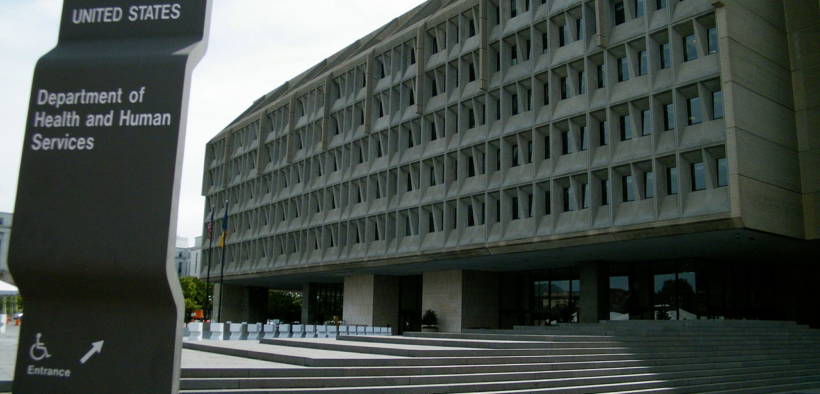Transgender Americans Losing Medical Protections During Pandemic

The U.S. Department of Health and Human Services (HHS) is close to finalizing language that would remove discrimination protections for LGBTQ Americans.
Health experts are sounding the alarm about a Trump administration regulatory rollback that will remove LGBTQ discrimination protections, allow hospitals to discriminate against patients, and hurt some of the population’s most vulnerable members in the midst of a pandemic.
Rule 1557 of the Affordable Care Act (ACA) “prohibits discrimination on the basis of race, color, national origin, sex, age, or disability in certain health programs or activities.” As part of the ban on sex-based discrimination in 2016 HHS added language to include protection for those who identify as “male, female, neither, or a combination of male and female.” Language was also added to protect people who had terminated a pregnancy.
In 2016, Texas, Wisconsin, Nebraska, Kentucky, Kansas, Louisiana, Arizona, and Mississippi sued claiming that the gender identity language and language protecting those who had terminated a pregnancy were in violation of religious freedom laws. The HHS has not been enforcing that section of the rule during the lawsuit. Two Federal judges sided with the states in the suit and the final ruling was issued in April of last year. In May 2019 the HHS began a rewrite of the rule to remove the language in question and will likely finalize the rewrite this week.
The specific changes that HHS is making to rule 1557 will go further than the portions of the rule that were blocked by the Court’s ruling. The rewrite of the rule will impact other areas of statute and remove other protections for transgender people and those who have terminated a pregnancy. The administration has not opted to delay or cancel the rule change as a result of the ongoing COVID-19 pandemic.
Discrimination at the Doctor
For transgender Americas trying to access health care can come with a range of different types of discrimination, from health care providers who are uncomfortable or act inappropriately, to doctors refusing to provide approved treatment, and a host of other problems. Transgender Americans encounter these issues with staggering frequency. In the 2015 U.S. Transgender Survey 33% of respondents who had a seen a health care provider in the year prior reported having a negative experience related to being transgender. The survey also notes how all types of discrimination can lead to poor health outcomes and have particularly strong connection with psychological distress.
Health care advocates have fought the rule change. In a 2019 letter to HHS Bruce Siegal, President and CEO of America’s Essential Hospitals urged HHS not to move forward with the change explaining that the changes would “harm LGBTQ patients through less-equitable care, increased disparities, and worse health outcomes for transgender patients.”
Discrimination, and fear of discrimination are major obstacle to accessing health care. Creating additional hurdles to health care would be dangerous any time, but this change is happening in a time when seeking medical care in a timely fashion can be a matter of life and death. There are some indications that reluctance to seek medical can lead to increased risk of dying for certain patients suffering from COVID-19.
Though the portion of Rule 1557 that protected transgender people was never enforced the removal of that language is an official message that the Federal government does not intend to protect the rights of these citizens or take steps to end this type of discrimination. Even with the protections that Rule 1557 creates for other groups, health care discrimination remain huge problems in the U.S. Racial discrimination in American health care has been well documented for decades and remains and issue. Sex, age, and disability based discrimination also continue to unnecessarily negatively impact health care outcomes. Without even the imperfect protections that Rule 1557 provided transgender Americans face a health care landscape that is especially uncertain and challenging.











